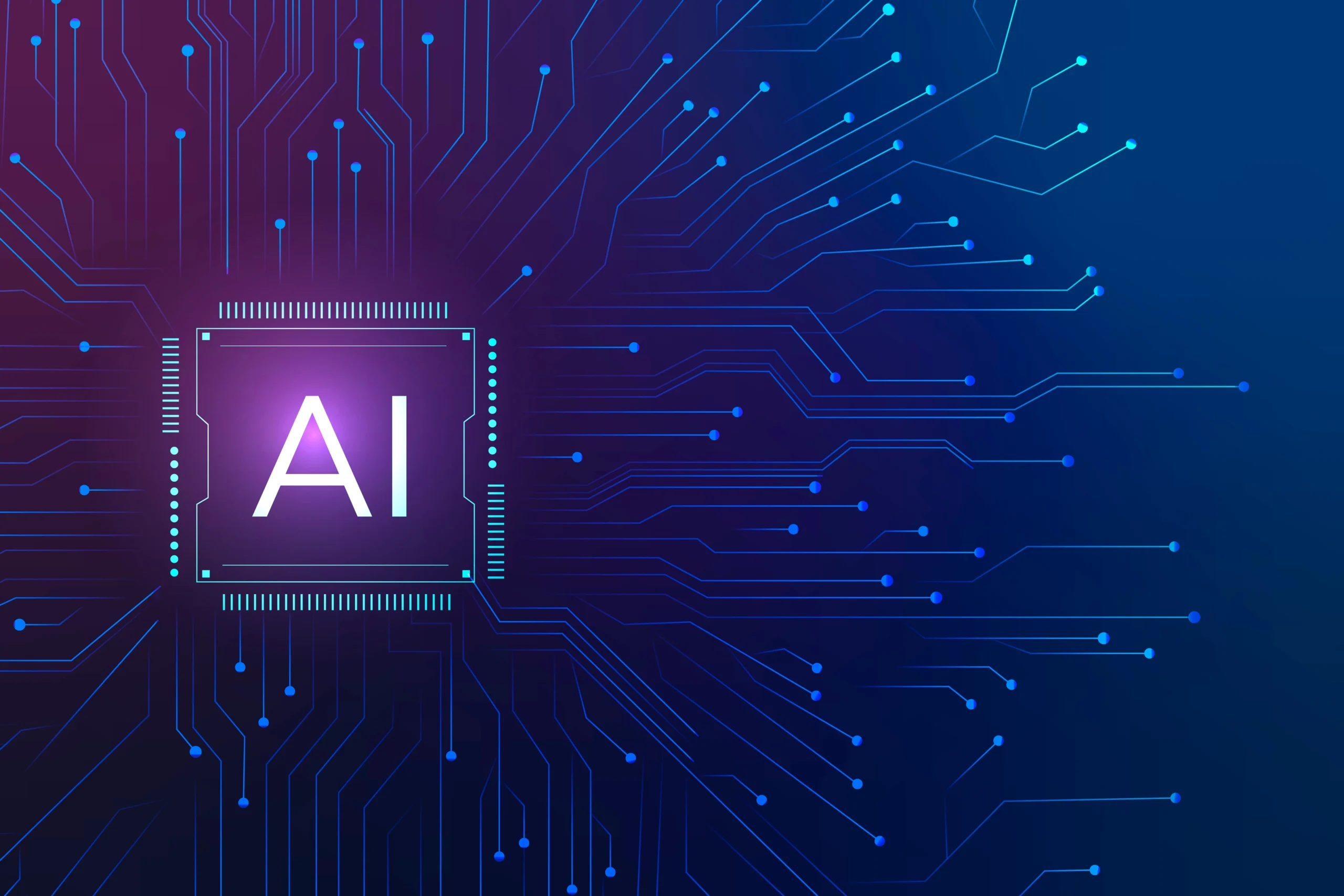Rejecting an attempt to allow an artificial intelligence to be listed as an inventor in a patent application, the UK Supreme Court reaffirmed previous rulings.
Dr. Stephen Thaler, a technologist, had pushed for the recognition of his artificial intelligence system, Dabus, as the creator of a flashing light beacon and a food container.
However, the Intellectual Property Office (IPO) denied this in 2019, stating that an individual might be the only one identified as the inventor.
Then, the Court of Appeal and the High Court supported the ruling.
The IPO has maintained—and the courts have upheld—that artificial intelligence cannot have patent rights; only “persons” can.
Currently, a bid to overturn previous rulings has been rejected by five Supreme Court justices, who have concluded that “an inventor must be a person” and that an artificial intelligence cannot be identified as an inventor in order to get patent rights.
The question of whether Dabus actually invented the food container and light is not addressed in the ruling.
Speaking to the BBC in March, Dr. Thaler expressed his belief that Dabus represents a “conscious and sentient form of machine intelligence” and warned that “many valuable innovations benefitting humanity will become orphaned” if artificial intelligence discoveries are not preserved. “Acts of dishonesty, maybe even criminality, will be encouraged,” he continued. I don’t believe that most people in society want these things to occur.
The IPO informed the BBC that it was pleased with the ruling and the explanation it offered.
However, it stated that “the government will nevertheless keep this area of law under review to ensure that the UK patent system supports artificial intelligence innovation and the use of artificial intelligence in the UK” .
“The judgement does not preclude a person using an artificial intelligence to devise an invention – in such a scenario, it would be possible to apply for a patent, provided that person is identified as the inventor,” stated Rajvinder Jagdev of the specialized intellectual property litigation firm Powell Gilbert. The ruling suggests that the result might have been different if this had been the case that it was asked to consider.”
Valid inquiries
In addition, Dr. Thaler claimed that, as the artificial intelligence’s owner, he should have been granted patents for Dabus inventions; however, this was denied.
Diego Black, of the European intellectual property firm Withers and Rogers, told the BBC that an alternative choice might have resulted in “headaches for companies using [artificial intelligence] software to innovate as they may not be the owner of the patent”.
The ruling presented “interesting policy questions” regarding how governments would try to amend legislation in the future as artificial intelligence progresses, said to Simon Barker of the legal firm Freeths.
Similar discussions also take place in other domains of intellectual property rights. Copyright in works produced by artificial intelligence, for instance. Who creates the artificial intelligence —the user or its programmer—and who gives the machine commands? Furthermore, what if Dr. Thaler’s assertion that Dabus is nothing more than a machine holds true?
Given that artificial intelligence is becoming more and more capable of independently coming up with original ideas, several legal experts predict that demand to amend current laws will increase.
The IPO acknowledged “that there are legitimate questions as to how the patent system and indeed intellectual property more broadly should handle [artificial intelligence] creations” in a statement.
The UK government released a response to its consultation on artificial intelligence and intellectual property in June 2022.
The response said that many people hold the opinion that any future changes to UK patent law must occur on an international scale and came to the conclusion that there should be no legal changes made at this time. That determination remains unaltered by the Supreme Court’s ruling, the IPO wrote.
